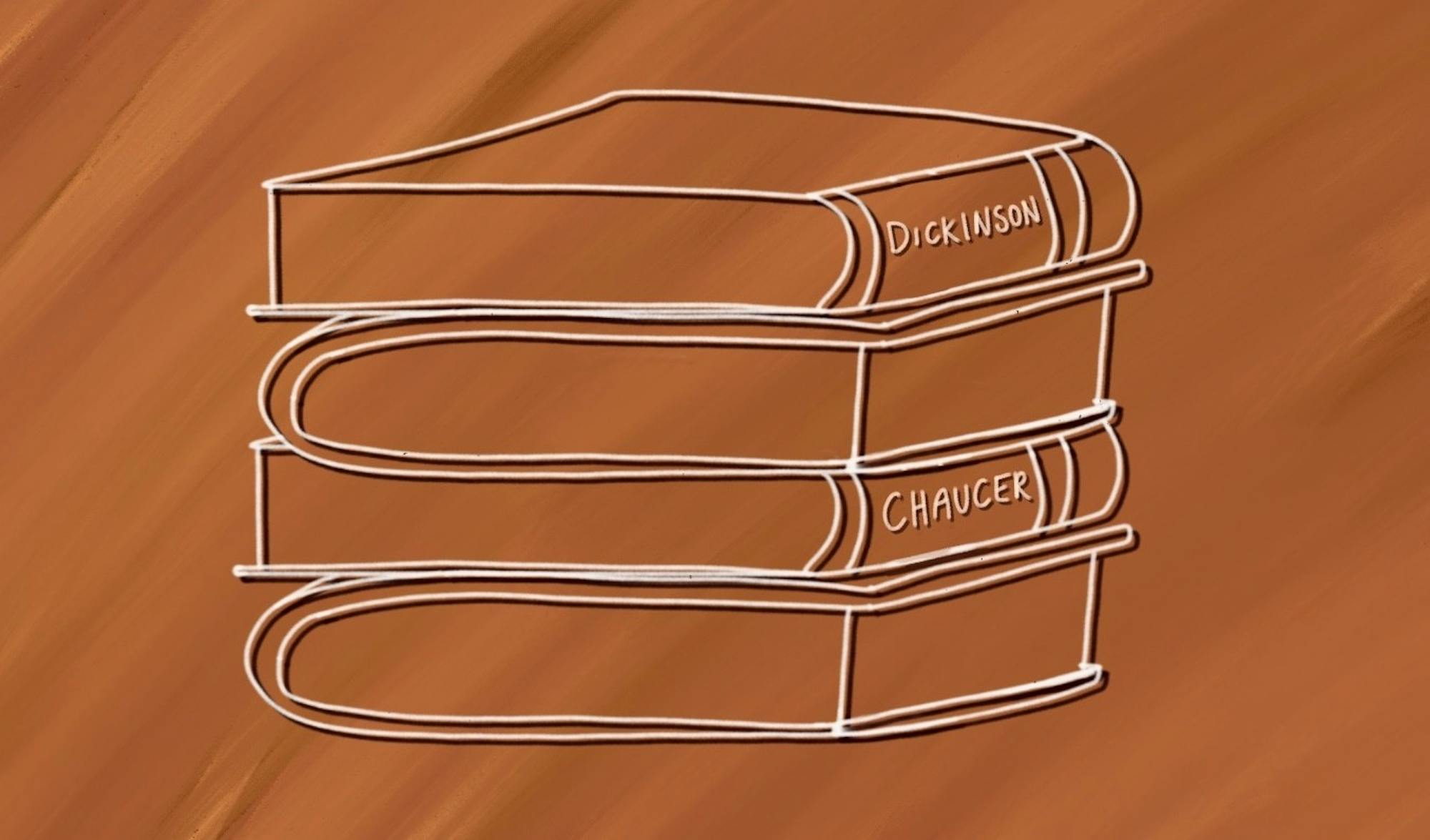It’s a brisk day. Students flit between classes, cutting through the college quad and ivy-covered buildings. Sound familiar? I thought so too. However, these images of a New England college campus are not of Dartmouth, but rather the opening scene of “The Chair.” This Netflix original, released on August 20, delves into the academy at the fictional Pembroke College. For me, “The Chair” is a winner. It captures the peculiarities of academia and balances tragic realities with satiric comedy.
I should preface my review of “The Chair” by stating that I watched it with my parents — my dad is a chaired professor, and my mom is a witness to faculty politics. I found it an indication of the show’s quality and good spirit that my parents enjoyed it, especially considering my dad’s three decade career in academia. Better yet were my parents’ droll comments throughout about the realistic depictions of the academy, sans glamorization of intellectual culture.
In six 30-minute episodes, “The Chair” follows Professor Ji-Yoon Kim — played by Sandra Oh — as she navigates her new position as the Chair of Pembroke’s English department. Kim is the first female and first person of color to sit at the department’s helm in the school’s 179-year history. An Emily Dickinson expert, she has worked hard for her departmental accomplishments at Pembroke, referred to as a “lower-tier Ivy.” But tenure and chaired leadership isn’t what she thought it was. She struggles to appease faculty members, communicate with the Dean of the College, balance a workplace romance and parent a young, adopted daughter.
Oh fully embodies her role. After 10 seasons of “Grey’s Anatomy” as the unmistakable Dr. Cristina Yang, the Canadian-American actress rebrands herself as a liberal arts professor. Her character’s development is thoughtful — she begins as an enthusiastic Chair, but becomes increasingly hardened as scandals and tensions plague the department. Simultaneously, her personal life’s complexities reveal themselves. The man she loves, Professor Bill Dobson (Jay Duplass), is a mess, and she has little time for her obstreperous daughter, Ju-Hee “Ju-Ju” Kim (Everly Carganilla). The show touches on her Korean American identity appropriately, particularly her family dynamics. Kim’s noble father, Habi (Ji-Yong Lee), who typically serves as Ju-Ju’s babysitter, remarks “how can she do what I tell her when she doesn’t speak Korean?” to which Kim responds “Appa, you can speak English.”
Some may disagree, but I think this performance is Oh’s peak. She is suited to the role, donning a slightly disheveled professorial wardrobe and a pedagogical disposition. She renders her character, who is the show’s academic heroine, as genuinely sympathetic. Oh captures the struggle of a woman of color in a leadership position, attempting to change an institution and pave the way for those who follow in her footsteps.
From a Shakespearian perspective, the show falls more into the category of tragedy than comedy. But that makes it successful — it does not look at academia with rose-colored glasses. Rather, it presents the idiosyncrasies of academic culture. Most of the characters are aging professors scared of technology, feminist and critical race theories and becoming irrelevant. One tenured professor is so old that he can’t differentiate his green pills from his brown pills when he takes his medication at a faculty meeting. Another professor constantly fears encroachment on enrollments from a younger, more popular professor. Dobson is a wreck, accused of making a Nazi salute while teaching. The accusation takes on a life of its own, killing Dobson’s career and spotlighting a critical issue within today’s ‘cancel culture’: false accusation, rash judgement and reputational detractions. And Kim is too overwhelmed managing everyone else’s problems to deal with her personal life.
I was genuinely moved by the saddest scenes, which involve the older professors who fear upcoming cuts. They were great teachers, produced brilliant scholarship and served the common good. But now university management sees them as high fixed costs and hopes they vacate their six-figure positions to make room for newer faces with many degrees. The Dean assigns Kim the challenging task of cutting the three professors who have the highest salaries but the lowest course enrollments. One of the three is Dr. Joan Hambling (Holland Taylor), the fiery Chaucer expert. Another is Professor Elliot Rentz (Bob Balaban), who has always loved his students — memorialized forever in his book’s dedication to them – but now struggles with abysmal enrollments. The last is Professor McHale (Ron Crawford), who falls asleep in the faculty lounge and farts during meetings. The three professors refer to themselves as “dinosaurs” as they gather in the faculty lounge, fearing their fates at the hands of the cold Dean.
On the other hand, the younger professors who possess intersectional identities, Kim and Professor Yaz McKay (Nana Mensah), are characters who represent structural change in academia. McKay, as an enthusiastic Black female professor, has classes overflowing with students, but she struggles with the lack of diversity at Pembroke and a discouraging tenure committee.
One of the show’s most successful aspects is its balancing of a realistic portrayal of academic culture with satirical humor. I found there to be several hilarious exchanges throughout the show. For instance, Kim asks Hambling when she last read her student evaluations, to which Hambling replies “1987” because she does not “cater to consumer demands.” Meanwhile, Kim’s father repeatedly disapproves of her romance with Dobson. As her father phrases it, she could be doing much better than “pining for this crumpled man.”
Not to spoil too much of the ending, but it resolves the tragedies of the previous episodes well. I considered the ending to be appropriate, un-romanticized and delivered in the right tone. The finale confirms the sympathetic nature of the characters.
For fellow students, and the Dartmouth community as a whole, “The Chair” is a must-watch. My recommendation is to watch “The Chair” now or in the winter, for a sensory parallel between Dartmouth and Pembroke in the New England climate. The show poignantly and comedically reveals realities of the collegiate world that tuition-payers and salary-receivers alike populate. Of course, it is not a perfectly unbiased snapshot of reality in Hanover nor other college towns, but it is engaging to have a show focused on the unique dynamics of academia. Still, an aspect of “The Chair” that I find reflective of our small college is the depiction of the administration, which sometimes antagonizes professors and students, speaking instead of donors and the media.
As for faculty, I am fortunate to have learned from and been mentored by brilliant and kind professors, but I understand the pitfalls of academia represented in the show, including the jealous ego, from my father’s experience. Academia is not for those with thin skin. To my professors and others who continue to be young at heart, dedicated to their students and open to shifting paradigms — thank you.
Rating: ★★★★★





